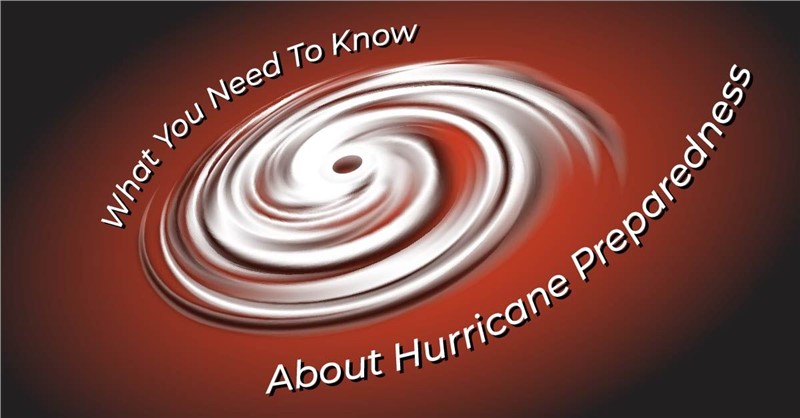
Organize
Keep a checklist handy, so when you are frantic or worried you don’t overlook small things. A typical checklist might include these and other items:
- Keep all important documents in a safe, central, waterproof location well away from your roof and exterior walls
- Ensure critical contacts (insurer, roofer, medical professionals, pharmacy) are not only on your cell phone but in print, in case you cannot use your cell phone
- Rotate and replenish perishable supplies such as bottled water, batteries, and packaged and canned foods
- Update prescription medicine lists; consider photographing the containers and keep them on your cell phone
A handy one-sheet checklist is available from the American Red Cross. Knowing how to write a hurricane preparedness plan for your home can offer comfort to family members.
Insure
Double-check your insurance policies for both home and automobiles. Do you have hurricane protection? What exactly is covered? If you have recreational vehicles on your property, are they insured against hurricane damage?
Ask your insurer if hurricane clips and straps will lead to lower premiums. Be sure to ask what else you can do to drop your insurance costs, and how your local roofer can help achieve this.
The National Flood Insurance Program makes flood insurance available to homeowners and business owners whose property may be damaged due to flooding. Contact your local insurance agent to see if you need flood insurance or if your home qualifies.
Expensive
You may think hurricane preparedness is expensive, but consider the costs of doing nothing. Hurricane Bob, in 1991, created $39 million in damage in Massachusetts. When Hurricane Katrina hit Florida in 2005, it cost more than $41 billion across six states.
Why is hurricane preparedness important? Massachusetts and Florida of course, are both coastal states blessed with strong economies. Every foot of the states' coastline is constantly under scrutiny for further development.
The Congressional Budget Office prepared a report in 2019 saying, we as a nation can expect annual costs from hurricane damage to be $54 billion. These costs are due to climate change and coastal development.
Roof
Your local, trusted roofer is your best point of contact in preparing your home for hurricanes. With an initial inspection and consultation, you and your roofer can make some strategic decisions:
- Is your roof fully maintained and in good enough shape to withstand high winds, heavy rains, and wind-borne debris?
- Would roof straps and hurricane clips be helpful for your home? These can prevent roof loss due to high winds from a hurricane
- Keep your roof fully repaired; if you have repairs waiting, see if your roofer can complete repairs quickly, before hurricane season (June 1 through November 30)
- Are all areas properly flashed, with strong, durable metal? Flashing can corrode, come loose, or fall off entirely; this exposes vulnerable seams to water and wind damage
Your roof is the whole umbrella of protection against the winds and water of hurricanes. Your home's roof protects just about everything else you own and love. Work with your roofer before June 1 to ensure your home is adequately safeguarded.
Windows
Contrary to myth, opening a window in a hurricane will not save your roof. It will ruin your floors. Keep your windows closed in bad weather. This means properly functioning windows are crucial to minimize damage to your home's interior. Make certain your windows operate easily, have no leaks, and have intact panes.
Gutters
Your home's gutters are integral parts of your roof system. In hurricanes, they have to move enormous volumes of water quickly and reliably.
Keep gutters clean and free of clogs. Never perform any work on ladders or on the roof without proper training and safety equipment; you are better off hiring professionals to clean and maintain your gutters. Have them replace loose or rusted connectors, brackets, or gutter spikes.
Landscaping
Trim back overhanging branches, so your roof does not suffer from blunt force impact. Is your lawn sloping down and away from your foundation? This allows water to flow away from your home, preventing water pressure against the foundation walls and possible weakening.
What about tall bushes close to the house? These can act as whips in high winds, slashing against windows and scratching siding. It’s also important to have a plan for storing lawn furniture. For expert advice and help with preparing your Massachusetts or Florida home against the next big blow, contact Red Dog's Roofing today!
Subscribe to Red Dog's Roofing's Blog





Comments